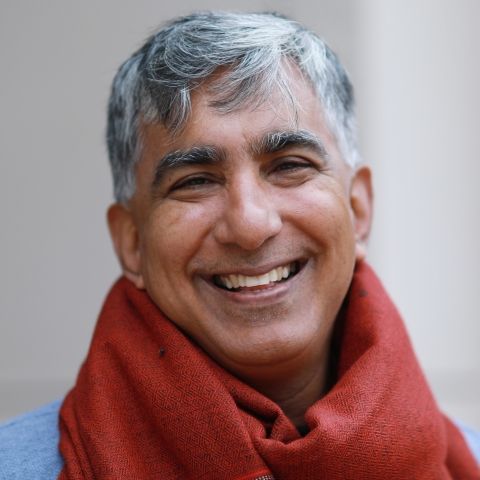

There is concern that present-biased agents incur too much debt because of its deferred costs – concern that has influenced regulation of consumer...
Lenders are perfectly free to decide for themselves whether, when, how, to whom and on what terms they will extend credit to a sovereign borrower. But...
False information causes harm, threatening individuals, groups, and society. Many people struggle to judge the veracity of the information around them...
This article examines the impact of Greece retroactively, via legislation, changing the terms in hundreds of billions of euros worth of Greek...
Income inequality is a national preoccupation, and the public’s imagination is captured by the astronomical incomes of Valley tech billionaires and...
There is a live debate going on over whether antitrust should take a broader view of the economics of market concentration. When antitrust reformers...
We examine the legal terms in the market for green bonds, debt instruments in which proceeds are earmarked, directly or indirectly, for projects with...
The SEC mandates that public companies assess new information that changes the risks that they face and disclose these if there has been a “material”...
Countries hit by unexpected crises often look to their overseas diasporas for assistance. Some countries have tapped into this generosity of their...
The conventional view is that standardized boilerplate terms represent an optimal contractual solution to the contracting problems facing parties in...
Consequential damages have been a cornerstone of contract doctrine since the broken crankshaft in Hadley v. Baxendale. And the Hadley rule is one of...
In this article, we examine the relations between risk, the choice of foreign or local contract terms (parameters), and maturity in the sovereign debt...
This chapter examines several ways that the United States takes advantage of international law’s permissiveness and ambiguity to extend its criminal...
Both theorists and courts commonly assume that high-dollar financial contracts between sophisticated parties are free of linguistic errors...
Courts routinely use low cash bail as a financial incentive to ensure that released defendants appear in court and abstain from crime. This can create...